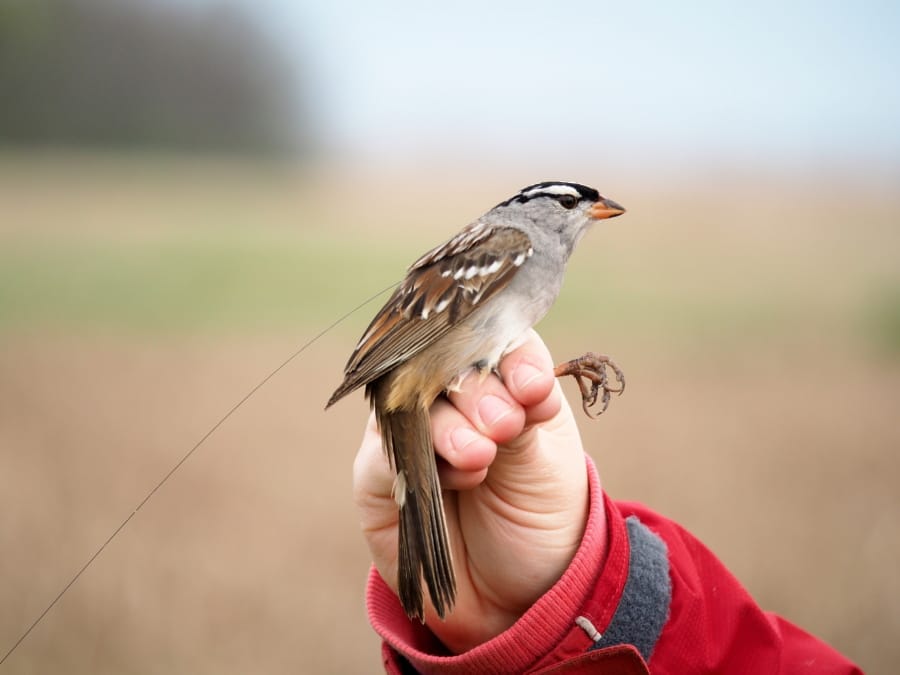PORTLAND, Maine — Scientists studying a widely used pesticide say even small doses of the chemical can have crippling health effects on migrating birds, and it might be contributing to declines in their overall populations.
The researchers with the University of Saskatchewan are set to publish their research about the insect-killer imidacloprid in the journal Science today. The insecticide is among a class called neonicotinoids that has been widely studied for its health impacts on bees.
The scientists studied white-crowned sparrows that consumed small doses of the pesticide and found that the birds experienced weight loss and delays in migration. Those changes can hinder the birds’ ability to reproduce and survive, and that might be contributing to songbird population declines, said Christy Morrissey, a biology professor at the university and the senior author of the paper.
The paper breaks new ground in the study of pesticide effects on birds because it shows a biological link between the chemicals and their population loss, Morrissey said. More than 70 percent of North American farmland birds are showing population declines, she said.



